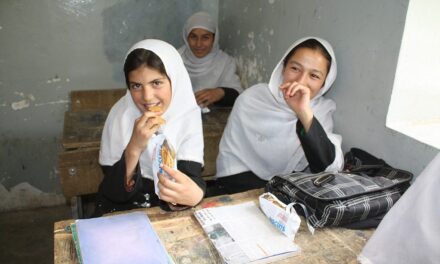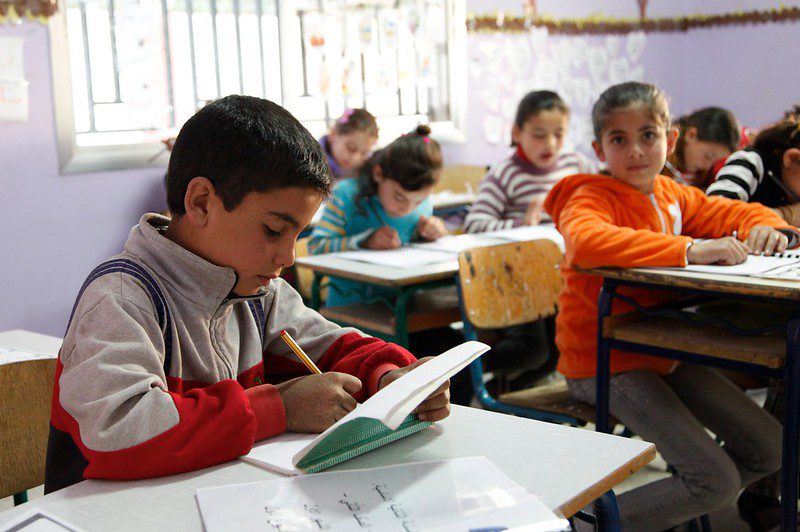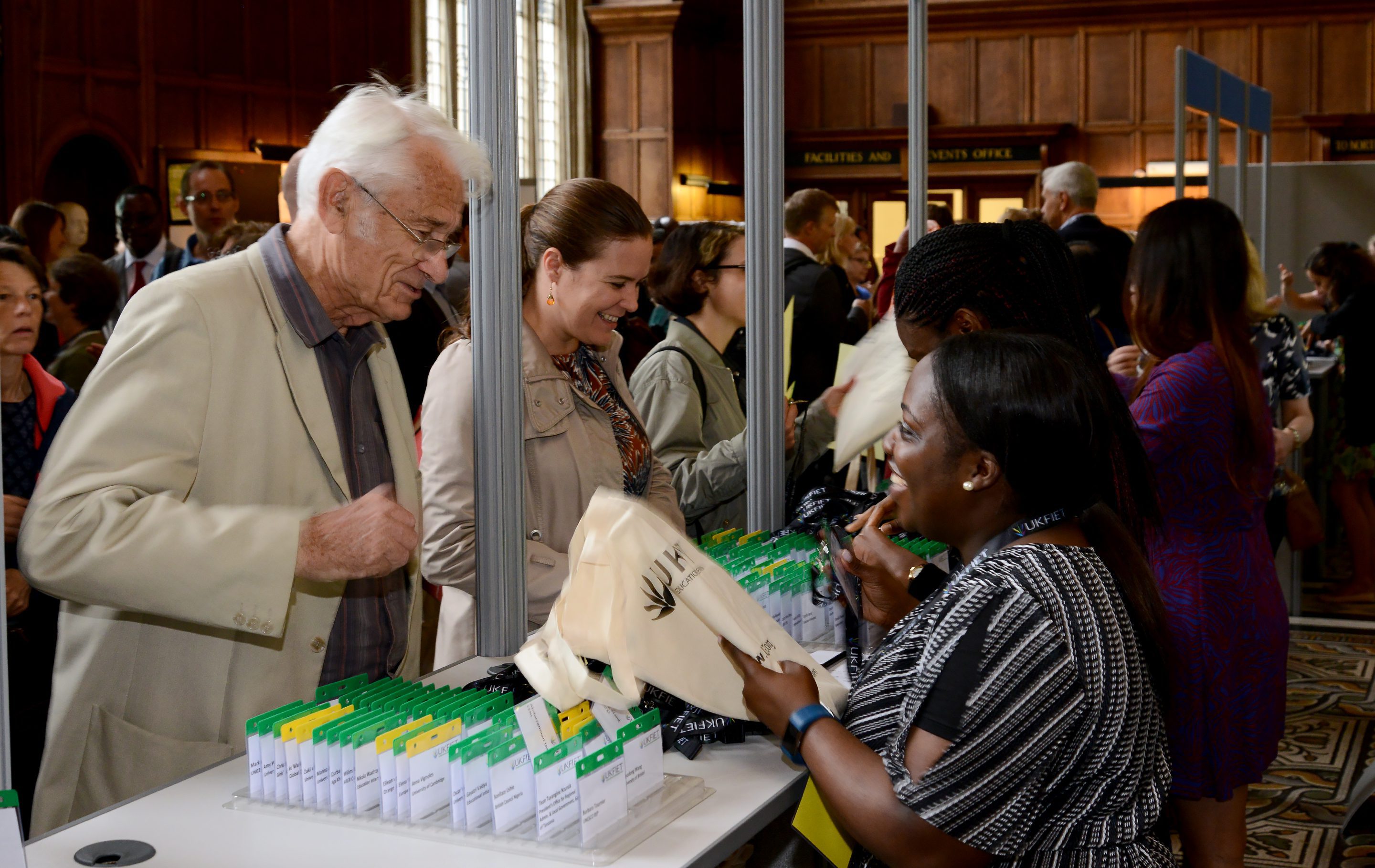The 2019 UKFIET conference, 17-19 September, will explore issues through six main parallel themes. Each of these is co-convened by two experts from the Conference Committee. Here they provide a short teaser of what you can expect from their theme.
By Patrick Montjouridès, a PhD candidate with the Faculty of Education at the University of Cambridge and Kate Radford, Programme Director – Can’t Wait to Learn, War Child Holland.
Earlier this summer the DORA Roadmap, a two year strategic plan for advancing global research assessment, was presented. For those unfamiliar with DORA, the acronym stands for the 2013 San Francisco Declaration on Research Assessment. DORA emerged from academics’ concerns (initially in natural sciences) about the over-emphasis on journal publications as the key metric to assess a researcher’s quality while, for instance and despite its increasing importance, data and software-related research remained ignored by institutions. Six years in, more than 1,500 institutions and 14,000 individuals have signed the declaration. There remain debates about whether the approach laid out is the best way forward to develop responsible metrics (see for instance, the debate between Elizabeth Gadd and Stephen Curry) and people should also be aware of alternatives and perhaps more comprehensive approaches such as the Leiden Manifesto. Nonetheless, it highlights the critical fact that academic production is evolving and that outputs such as software innovations and valuable datasets are an integral part of research that ought to be recognised.
And education is no exception. We were pleased to see this evolution reflected in the submissions we received for the theme “Education technology and data science for inclusive systems”. And we are thrilled that the upcoming UKFIET conference will showcase innovative work that academics and practitioners have done both to develop education data science and to better integrate technology in educational practice and research. There will be ten exciting sessions which shall provide a state-of-the-art overview of how academics and practitioners integrate data and technology to support inclusive quality education.
The use of data science to support equity in educational opportunities and outcomes is one of the most interesting facets of current research trends. Several papers and presentations will share insights on how authors were able to mobilise data and apply new analytical approaches, including for instance machine-learning algorithms and visualisation techniques, to detect and address specific issues such as drop-outs and low levels of learning among the most vulnerable. Another group of papers deals with the need to account for context specificity while trying to implement data collections or technology-based interventions. Recourse to hybrid methods such as paper-based data collection combined with computerised collections and analysis are shown to deliver interesting results that wouldn’t be possible with either of the two approaches alone. And that’s what is also reassuring as authors are also addressing the fallacy that data and computational approaches can solve it all.
Several papers bring in more ethical and conceptual perspectives about how, when and for which purpose education data science and measurement can be useful as well as why and how data-driven education science can fail and sometimes be harmful. A number of presentations share the research findings from education technology programming in the Middle East and Africa. There is growing interest in the potential of education technology to address education access and quality. The studies highlight the growing evidence base but also the policy and capacity complexities still to be navigated. Presenters in our theme will highlight the breadth of issues at the intersection of data science and education technology, but also propose discussion about the way education systems have to adapt to the changes implied by an increasingly data and technology-based society so as to ensure that systems continue to cater for the most vulnerable.






